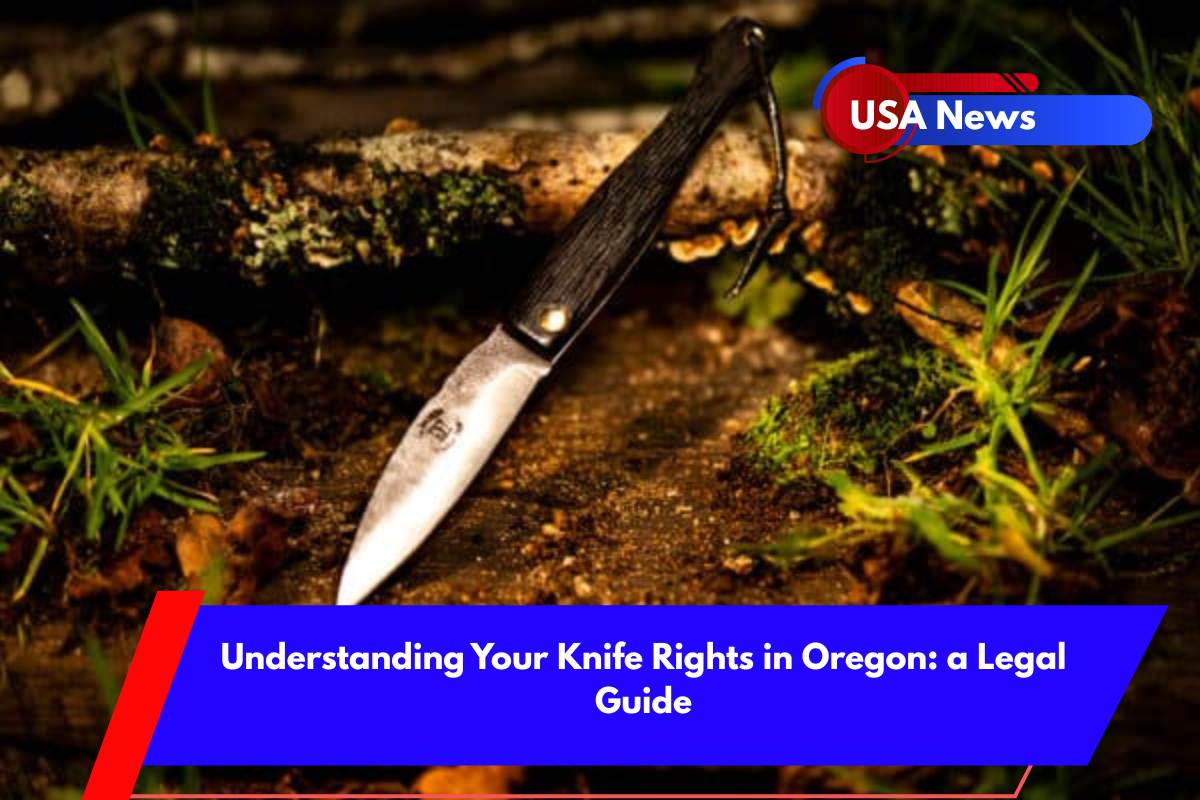Owning and carrying a pocket knife in Delaware is a common practice for residents engaged in trades, outdoor activities, or everyday tasks.
However, the state’s legal framework surrounding knives is nuanced and has recently undergone significant changes. Understanding these laws is essential for anyone who owns or plans to carry a pocket knife in Delaware.
Defining the “Ordinary Pocketknife”
Delaware law has traditionally defined an “ordinary pocketknife” as a folding knife with a blade not exceeding three inches. This definition, however, has been updated by Senate Bill 108 (SB 108), which was enacted in 2024.
The new law expands the maximum blade length to 3.75 inches and clarifies that the knife does not strictly need to be a folding knife. This change was made to accommodate the needs of tradespeople and outdoor enthusiasts who often rely on larger or one-hand opening knives for their work or recreation.
Open Carry vs. Concealed Carry
Delaware permits the open carry of most knives, including folding and fixed blade knives, provided the individual is not otherwise prohibited from possessing weapons (such as due to a criminal record). Open carry is generally accepted for lawful purposes like work, hunting, or fishing.
Concealed carry, on the other hand, is more strictly regulated. Only knives that meet the definition of an “ordinary pocketknife” can be carried concealed. Concealing any other type of knife—such as a larger folding knife, fixed blade, or butterfly knife—is considered carrying a concealed deadly weapon and is a criminal offense unless the person holds a specific license or exemption.
Prohibited Knives
Certain knives are outright prohibited in Delaware, regardless of how they are carried. These include switchblades, automatic knives, gravity knives, undetectable knives, martial arts throwing stars, and knuckle knives.
The legal status of butterfly knives (balisongs) can be ambiguous; while not explicitly banned, they may be interpreted as prohibited gravity knives depending on the circumstances.
Intent and Context Matter
Delaware law places significant emphasis on the intent behind carrying a knife. Carrying a knife with the intent to use it as a weapon is treated much more seriously than carrying it for lawful purposes.
The context in which a knife is carried—such as for work, hunting, or fishing—can play a crucial role in determining whether its possession is lawful.
Location Restrictions
Certain locations in Delaware have additional restrictions on carrying knives. Schools, government buildings, and bars, for example, are off-limits for knife carry regardless of the type of knife or blade length. Violating these restrictions can result in criminal penalties.
Recent Legislative Updates
The passage of SB 108 in 2024 marked a significant shift in Delaware’s knife laws. By increasing the maximum blade length for an “ordinary pocketknife” to 3.75 inches and clarifying that one-hand opening knives are not inherently illegal, the law better reflects the practical needs of Delaware residents.
However, the law maintains strict prohibitions on certain types of knives and on concealed carry for non-ordinary pocketknives.
Practical Advice
For anyone considering carrying a pocket knife in Delaware, it is important to stay informed about the latest legal developments. Always consult the most current statutes or seek legal advice if you are unsure about the legality of a particular knife or how it is carried.
Certain professions, such as law enforcement and military personnel, are exempt from many of these restrictions while performing official duties.
Sources:
1. https://www.akti.org/state-knife-laws/delaware/
2. https://congressionalsportsmen.org/news/delaware-introduces-pro-sportsmen-knife-legislation/
3. https://www.tektoknives.com/blogs/news/delaware-knife-laws-updated-2022













